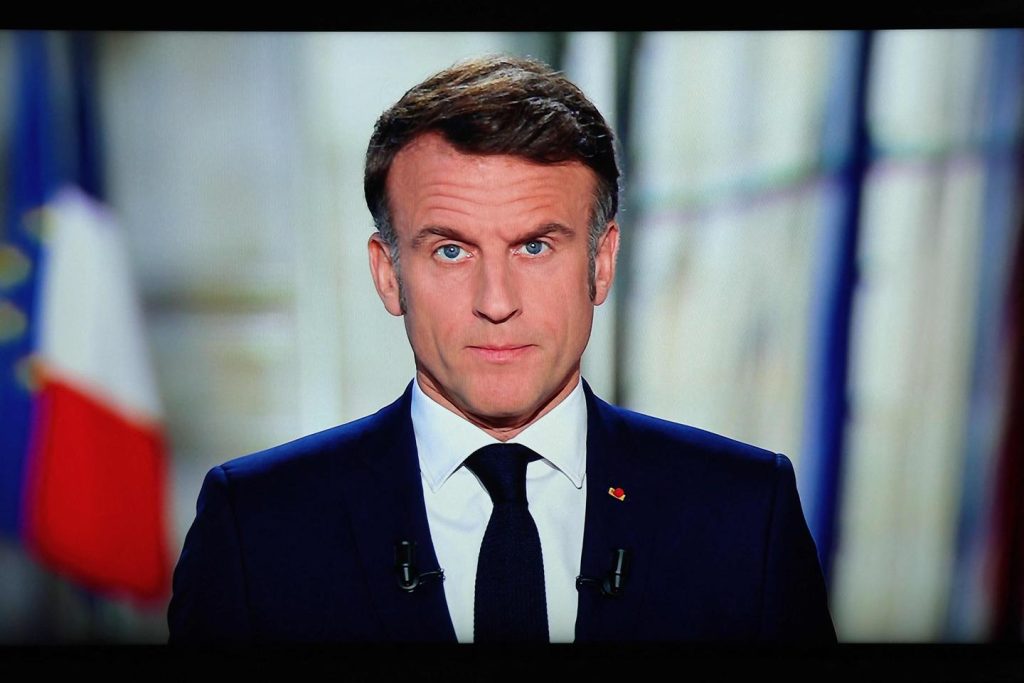Emmanuel Macron’s New Year’s speech on December 31 was a more assertive mea culpa regarding the June dissolution of the French parliament, which caused “divisions” and “instability.” Despite this, Macron expressed his determination to remain President of the Republic until the end of his mandate. His speech was a response to political opponents Marine Le Pen and Jean-Luc Mélenchon, who are pushing for an early presidential election, potentially leading to both a political and institutional crisis. Macron acknowledged the need for reinvention in the face of a more uncertain political landscape than ever before.
Acknowledging the failure of his risky political initiative in 2024, Macron has finally taken full responsibility for the resulting crisis. He has also become aware of his own unpopularity and the strong rejection he faces, as shown in a video highlighting French achievements at the beginning of his speech. Finding a suitable role for a heavily devalued President of the Republic poses a challenge for Macron, who has at times struggled between being a unifying figure, detached from government matters, and a European leader determined to maintain the national course he has set over the past seven years.
A significant portion of Macron’s speech focused on international and European affairs, as his influence in these areas remains strong despite domestic challenges. He has long warned of Europe’s potential marginalization in the face of US-China rivalry and called for a European “awakening” to combat declining innovation and investment capacity. However, France’s inability to pass a budget due to internal divisions raises questions about its influence on the European stage. Macron’s call for a collective awakening echoes his longstanding commitment to innovation, attractiveness, and supply-side policies, though the use of direct referendums presents a potential contradiction.
Despite Macron’s assertion of a “full legitimacy” for the newly elected National Assembly, his readiness to resort to referendums on important issues suggests a shifting power dynamic. The inability of Macron and his Prime Minister François Bayrou to find a solution to the current political impasse is evident, as evident from Bayrou’s call for a year of “action” and “stability.” As the year begins, the political landscape remains uncertain and fraught with contradictions, highlighting the challenges facing Macron and his administration in charting a path forward amidst deepening divisions and complexities.
Overall, Macron’s speech reflects a balance between accepting past mistakes and exploring new ways to address the challenges facing France and Europe. As he grapples with internal and external pressures, including growing opposition and a need for reinvention, Macron’s actions in the coming months will be crucial in determining the direction of his presidency and the future of France on the international stage. While uncertainties and contradictions loom large, Macron’s determination to navigate through these challenges and pursue his vision for the country gives hope for a path towards stability and progress in the face of adversity.















